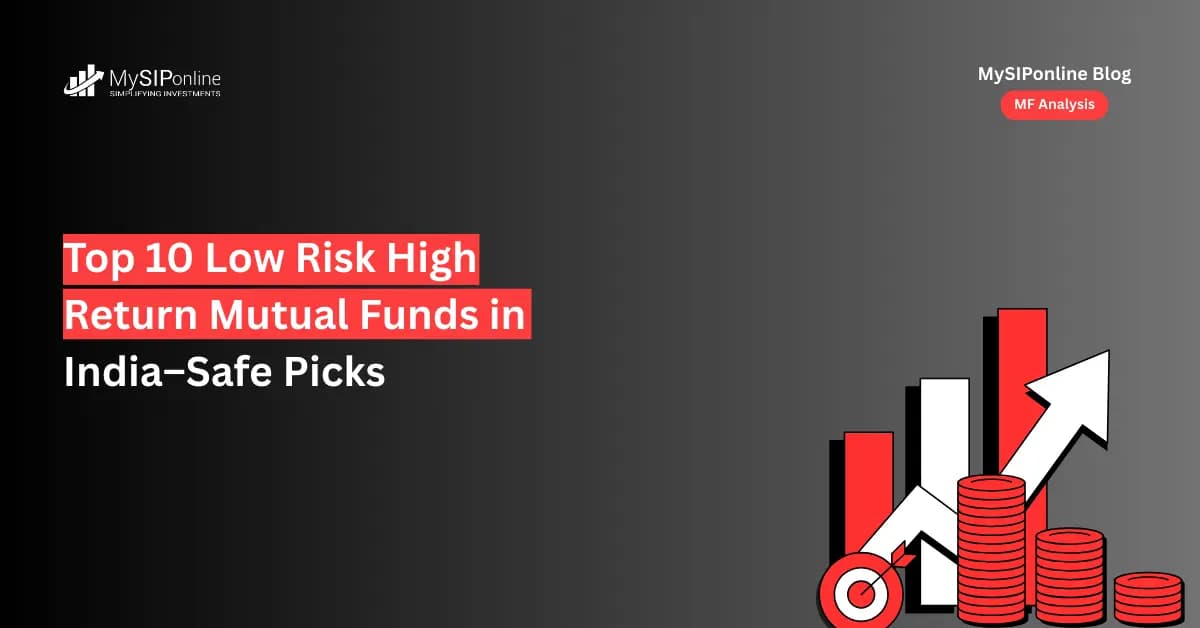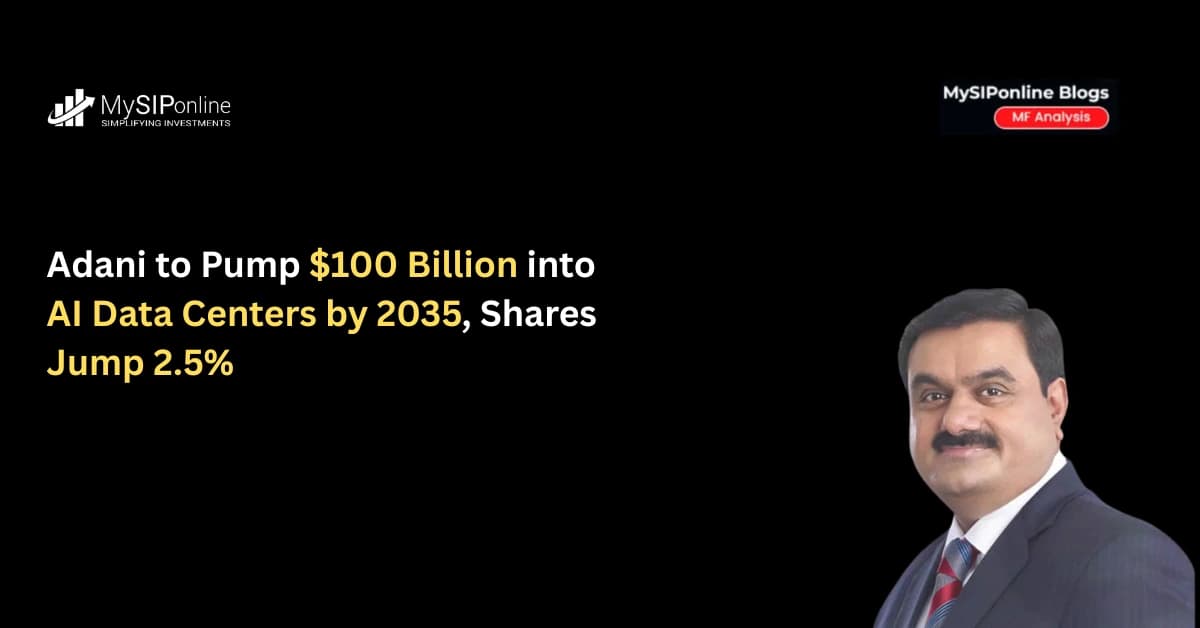Many investors face losses in mutual fund investments because they make mistakes while choosing the right fund for their portfolios. The common mistake that mutual fund investors make is selecting the schemes on the basis of their performance only, and that too just the recent performance for one or three years.
There are different kinds of investors who consider only the star ratings given by various research agencies. Although these star ratings are one of the factors to look at, there are many more parameters that one should consider before investing into any mutual fund scheme.
Various parameters which the investor should consider for choosing the best mutual fund:
- Analysing the Performance : Performance can be considered as a scorecard of the past behaviour of the scheme. As we cannot decide the quality of any batsman on the basis of extraordinary performance in one match, similarly any fund with one-year or 3-year high return does not qualify for the best performing funds. Sachin is known for the best average and consistent performances. In mutual funds, performance analysis depicts the scorecard of the fund managers’ skills and caliber to let the fund outperform the benchmark returns. Therefore, the funds with consistency in performance and high-risk management during headwinds of the market are best suitable funds for the long-term investment.
- Ratio Analysis : It is equally important to consider the risk analysis tools before selecting the funds for one’s portfolio. It gives you an overview to analyse the risk tolerance capacity as well as the extent of rewards earned by taking a risk in an investment. There are many risk analysis tools out of which ratios like SD (Standard Deviation), and BETA measure the volatility factors. On the flip side, the Sharpe, Sortino and Treynor ratios help you calculate the risk-reward figures. Along with these ratios, one should also analyse the alpha of the fund. Alpha indicates the outperformance of the fund against its given profit margin, i.e., the difference between the average profits it may earn and the actual profits earned. Therefore, every investor should give equal weight to such risk factors and make a selection of ratios according to their preference.
- Total Expense Ratio : Expense ratio is the very important parameter to be looked at before selecting any mutual fund scheme. Many investors do not find the expense ratio as important, but they should know the fact that higher expense ratio affects fund’s returns to a great extent. The expense ratio includes a fee charged by the fund managers, commission paid to the brokers, and other related expenditures.
- Fund Manager’s Tenure and Experience : The experience and tenure of the fund manager play a significant role in the performance of the fund and its returns generating capability. Moving the capital in the right possible way by predicting the various future market trends is not a simple task. They have to keep their eagle's eye on the continuous behavior of the market to grab the best opportunity to fetch more returns. So, you should know a little detail about the fund manager of the scheme and his/her records of excellence. You can also check the performance of other schemes which are being managed by the same fund manager so that you may get more clarification of the expertise of the fund manager. Furthermore, if you note any negative changes in the fund’s performance because of change in the fund manager, then you can switch your investment to other top performing mutual funds.
Therefore, before investing in any mutual fund, make sure you consider these parameters to attain best possible returns from the scheme. For various details about the best mutual funds, you can check-in to our investment platform, i.e., MySIPonline.




.webp&w=3840&q=75)






